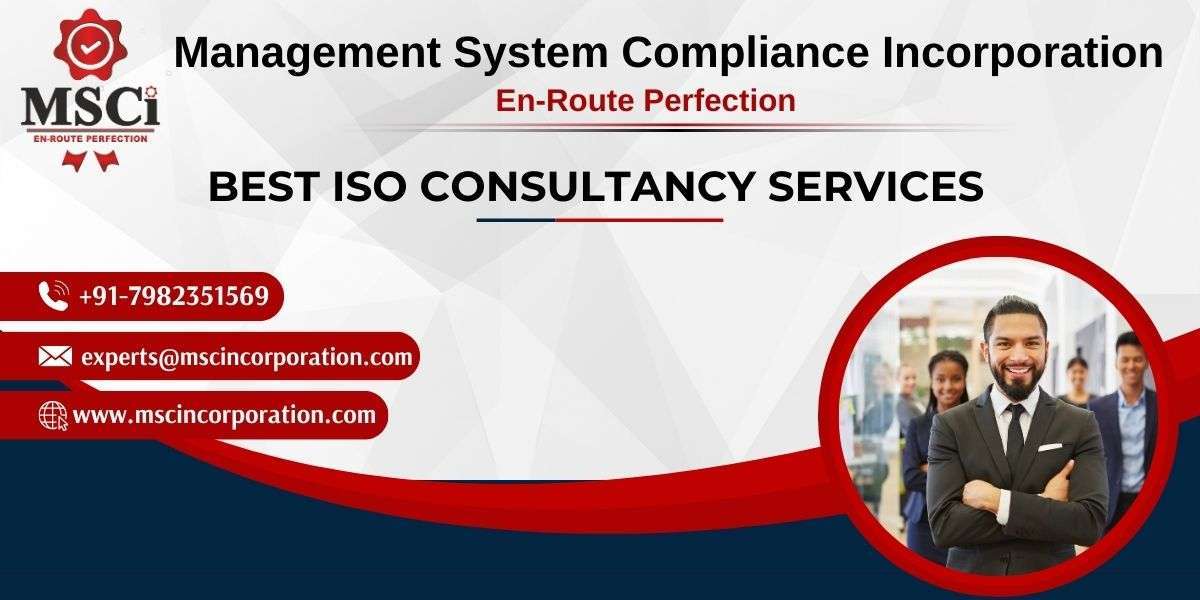An ISO consultant assists organizations in implementing and maintaining standards developed by the International Organization for Standardization (ISO). These consultants help companies achieve ISO certification, which signifies that their processes meet international standards for quality, safety, efficiency, and other criteria. The specific duties of an ISO consultant can vary depending on the standard and the needs of the client, but typically include the following tasks:
1. Assessment and Gap Analysis: Evaluating the current processes and systems of the organization. Identifying gaps between the current state and the requirements of the ISO standard.
2. Developing an Implementation Plan: Creating a detailed plan to address gaps and achieve compliance. Setting timelines and milestones for implementation.
3. Documentation: Assisting in the development and documentation of policies, procedures, and manuals required by the ISO standard. Ensuring that all documentation meets ISO requirements.
4. Training and Education: Training staff on ISO standards and their roles in the implementation process. Providing ongoing education to ensure continuous compliance and improvement.
5. Process Improvement: Recommending and implementing changes to improve efficiency and effectiveness. Helping to establish a culture of continuous improvement within the organization.
6. Internal Audits: Conducting internal audits to assess compliance with ISO standards. Identifying non-conformities and areas for improvement.
7. Preparing for Certification: Guiding the organization through the certification process. Ensuring all requirements are met before the certification audit.
Coordinating with the external certification body.
8. Post-Certification Support: Providing ongoing support to maintain certification. Conducting periodic reviews and audits to ensure continued compliance.
9. Risk Management: Identifying potential risks and implementing strategies to mitigate them. Ensuring that risk management practices align with ISO standards.
ISO consultants work across various industries and may specialize in specific ISO standards, such as ISO 13485 , ISO 21001 , ISO 22301 , and many others. Their role is critical in helping organizations achieve and sustain high standards of performance and regulatory compliance.







